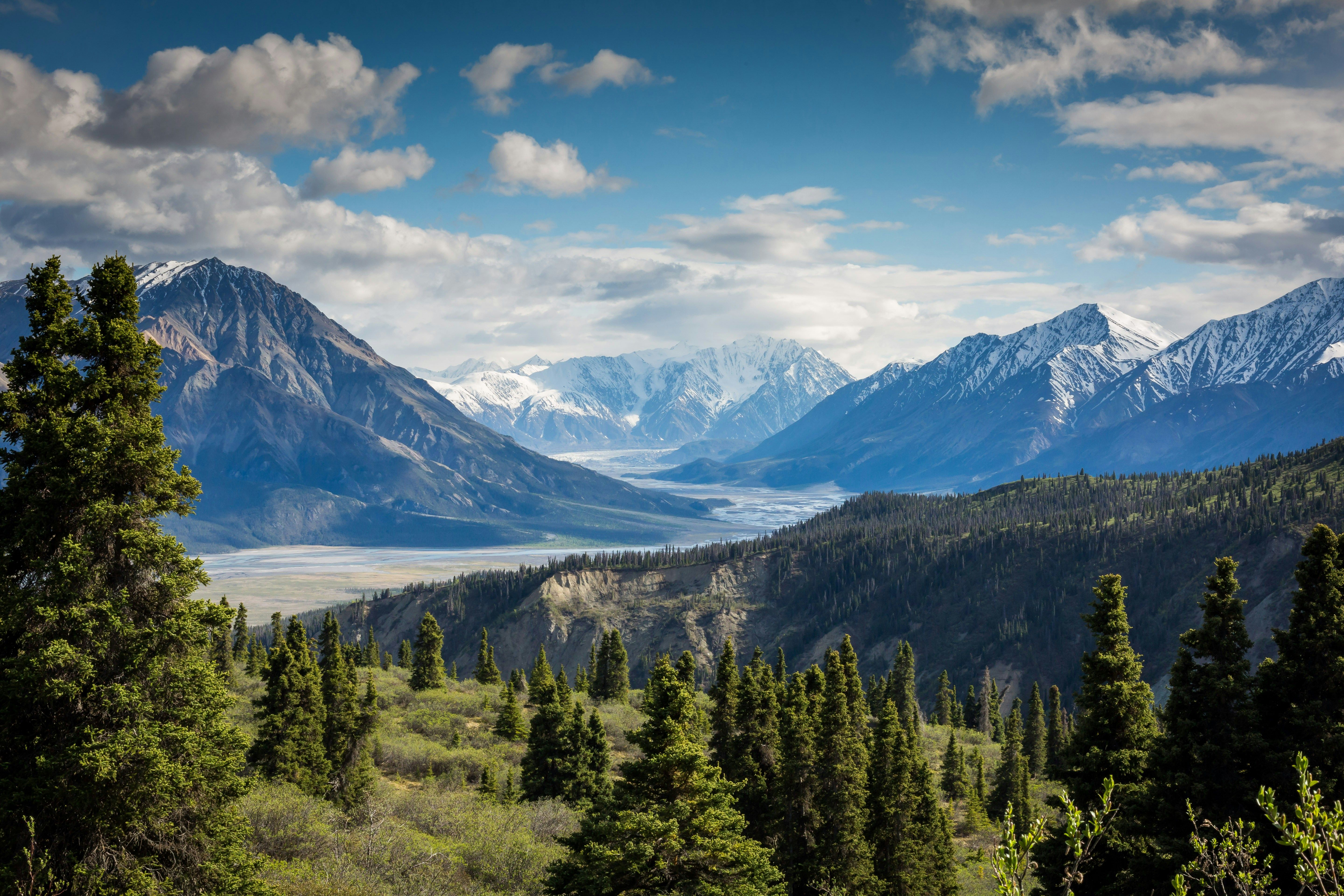Packed Presence: 1,900 Cops Stroll Through Berlin's WWII End Commemoration
Over 1900 law enforcement personnel gather for a commemorative event marking the conclusion of World War II, held in the city of Berlin. - 1,900 law enforcement officers present at a ceremony marking the conclusion of World War II in 1945 in Berlin
It's a big day for Berlin's finest as they walk the beat with around 1,900 officers on duty today. The announcement came through their X platform, with cops present at multiple memorial events and get-togethers scattered across the city.
The cooperation stems from a specific ordinance concerning Soviet memorials, which bars displays of flags or banners with Russian associations from 8:00 AM on May 8th to 9:00 PM on May 9th around various memorial sites, such as the Soviet Memorial in Treptow.
As Berlin honors the end of World War II in Europe and liberation from Nazi oppression with a series of events, police presence is particularly strong today, Thursday, and Friday. The war in Europe concluded with the unconditional surrender of the German Wehrmacht, which became effective on May 8, 1945.
Berlin
- Metropolis steeped in history
- Hub of European politics
Police
- Keeping law and order
- Guiding the community
War's End
- 80 years since the liberation from Nazi rule
- Important event for contemporary reflection
Officer
- Keeping citizens safe
- Upholding the law
Memorial Event
- Commemoration of historical significance
- Ritual for reflection and remembrance
Europe
- Battlefields now echo peace
- Collaborative efforts for unity
World War II
- A dark period in history
- Lessons learned from the past
The extensive police presence is a response to heightened security concerns due to the event's sensitive nature and escalating political tensions. With this 80th anniversary falling in Berlin, there's a need to manage demonstrations and symbolic displays, particularly those with Russian flags and banners.
The restriction or ban on Russian flags and specific banners is part of broader security measures. This is due to ongoing geopolitical tensions regarding Russia's actions, such as its invasion of Ukraine and the delicacy around Russian involvement in World War II remembrance. Russian flags or imperial or militaristic Russian symbols could be perceived as inflammatory, as Germany focuses on commemorating the defeat of Nazi Germany and taking a hard look at the historical legacy of the war.
The authorities are prepared for potential protests and clashes between opposing groups, including those sympathetic to Russia and those who oppose its current policies or historical revisionism. With far-right groups and pro-Russian activists using such anniversaries for political demonstrations, a massive deployment of 1,900 officers is vital to maintain order and control reactionary or extremist elements during the event.[1][2]
- The 1,900 officers present in Berlin's WWII End Commemoration are part of the city's police force,, as outlined in their employment policy.
- The city's community policy includes a specific ordinance that prohibits displays of Russian flags or banners with Russian associations during the commemoration of Soviet memorials, such as the one in Treptow.
- The unconditional surrender of the German Wehrmacht, signifying the end of World War II in Europe, is a significant historical event that is being commemorated in Berlin, and police are maintaining a strong presence to ensure a peaceful and respectful event.
- Tensions surrounding Russia's actions, such as its invasion of Ukraine, have led to the implementation of comprehensive security measures during the commemoration, including the restriction or ban on Russian flags and specific banners, due to their potential to inflame passions and create conflict.







